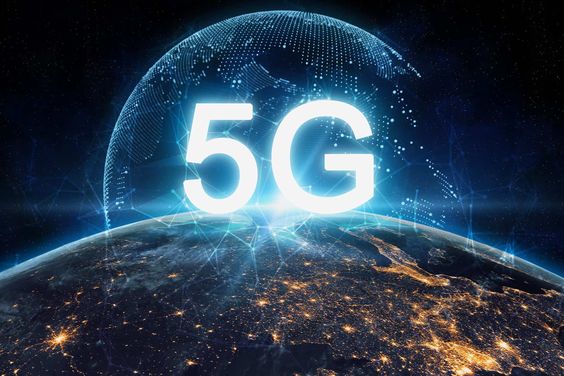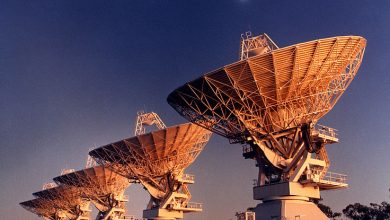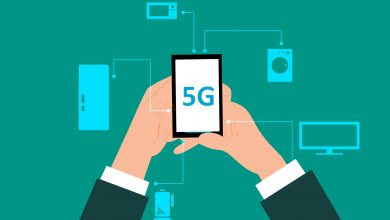Is 5G As Fast As They’re Saying?

Excitement about 5G, the fifth generation of mobile network technology, has been building rapidly.
The bit long process of rolling out 5G networks is already underway, with limited availability right now by all the major players, and at least one carrier T-Mobile promising nationwide 5G access by the end of the year.
We could say, “How long is a piece of string?” But that wouldn’t be a very helpful answer.
The reality is, the speeds you get will rely on various factors, including what network you are connecting to, where you are, what device you are using and how many other people are connecting.
Latency And Time
Latency or the time it takes to send data, can go as low as 1 millisecond.
While in the U.S., the high-end phones are now regularly connecting at speeds averaging about 31.6Mbps according to Open Signal, low-end phones average less than half that at 14.7Mbps.
The differences are even larger in South Korea, currently the market leader in speed. A high-end smartphone user in South Korea averages speeds of 70.6Mbps, the highest in the world.

But a low-end smartphone user doesn’t see speeds anywhere close to that: Just 30.1Mbps.
“The arrival of 5G will undoubtedly bring higher speeds for end-users but those speeds will vary depending on how operators design their networks and how many users are on the network,” Els Baert, director of Marketing and Communications at NetComm, told Digital Trends last year.
“Although 5G will be able to deliver higher speeds, the main difference end-users will notice will be the extra-low latency on 5G compared to 3G or 4G- this will open up new applications in the Internet of Things space.”




